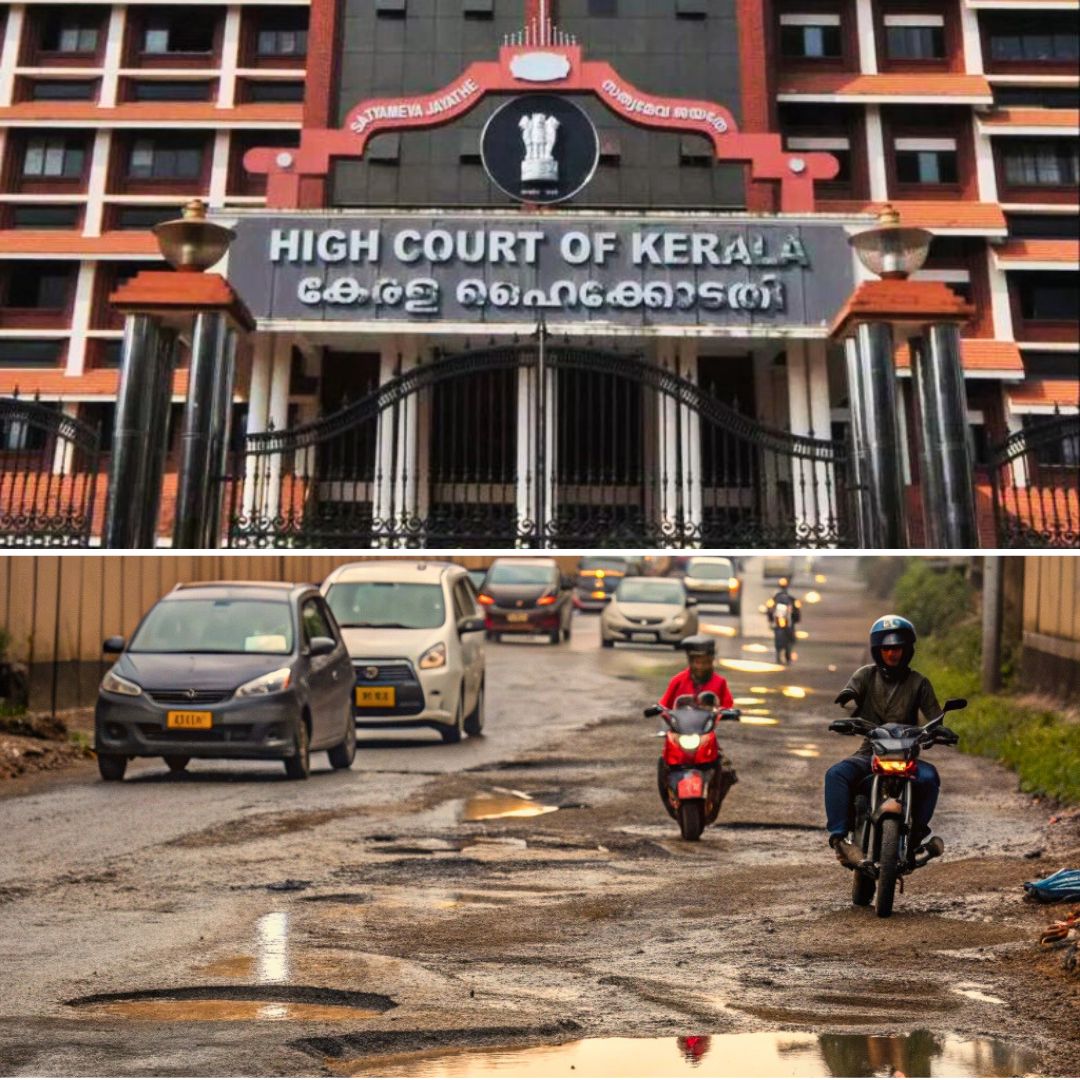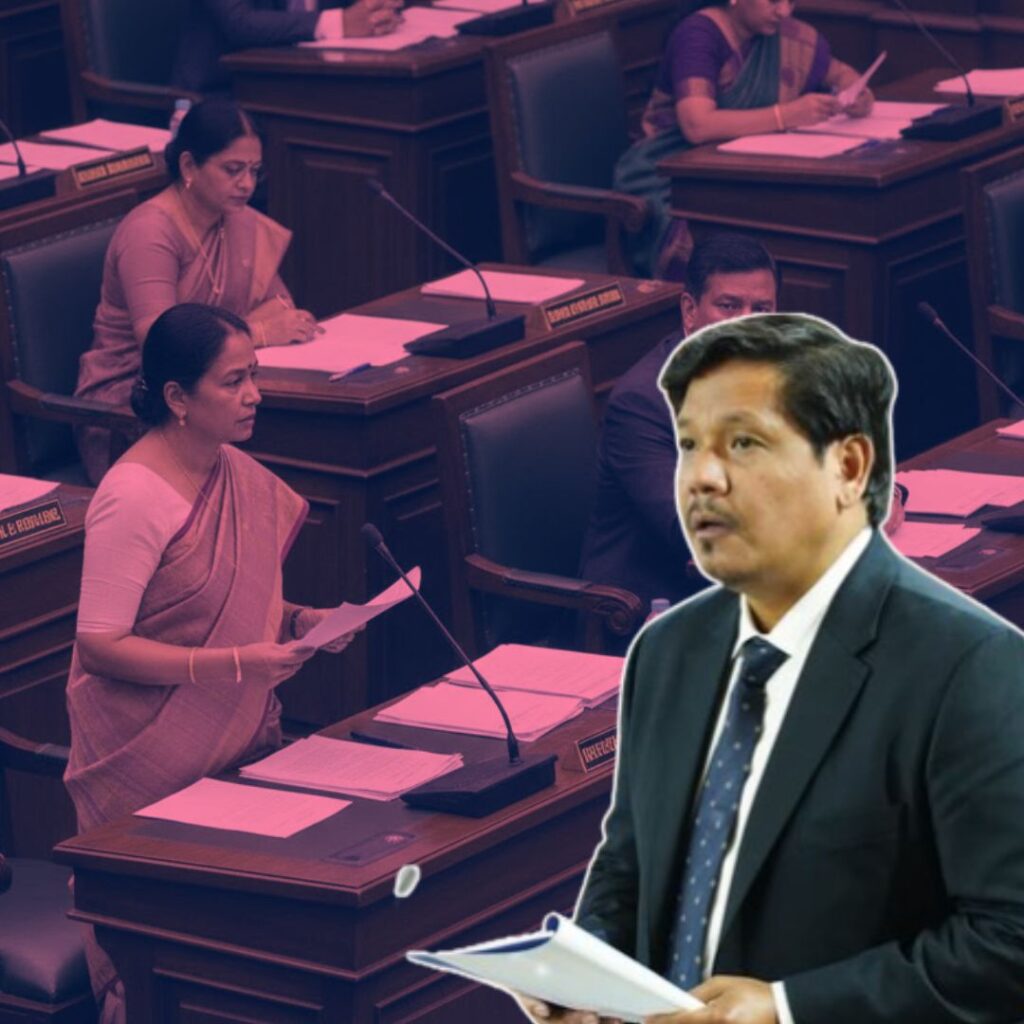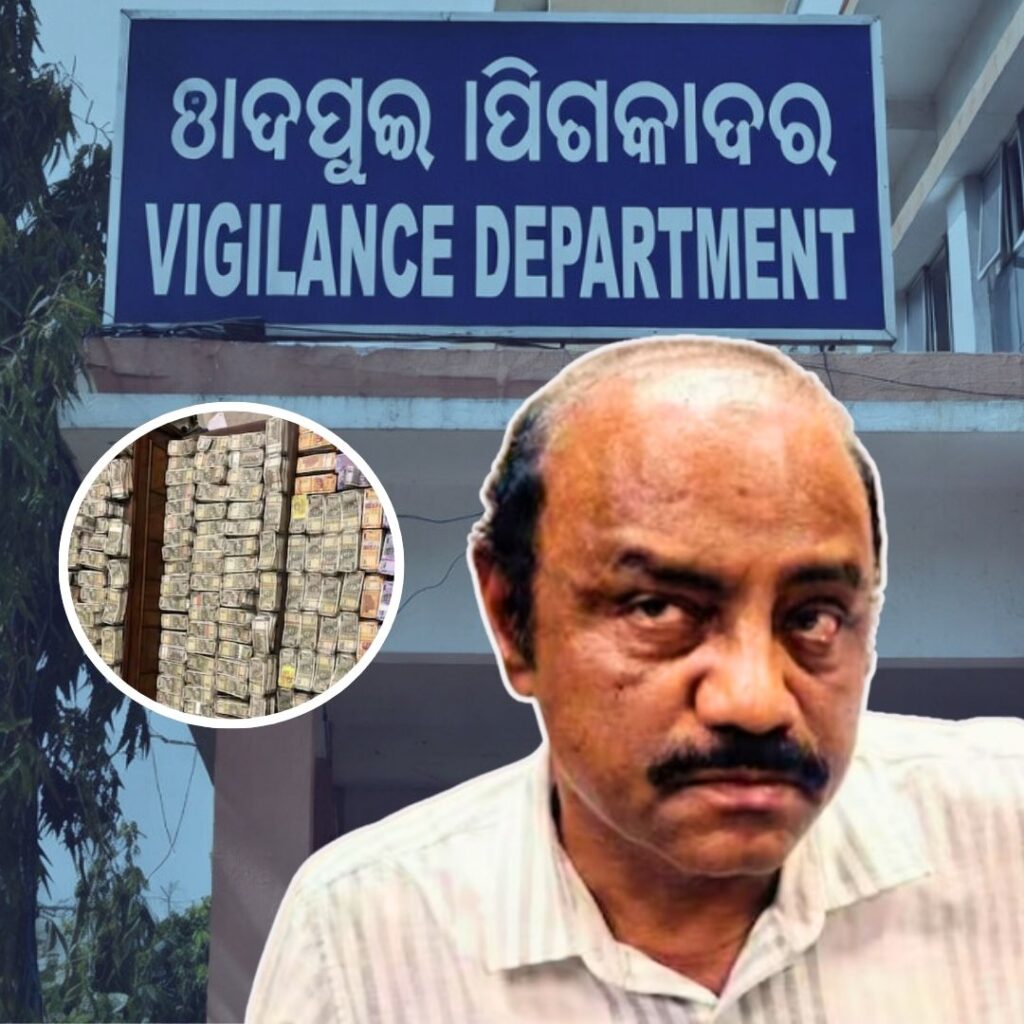On July 25, 2025, the Kerala High Court issued a stringent rebuke to the State government and local bodies for the perilous condition of roads, mainly in Kochi, which has led to multiple fatal accidents involving two-wheeler riders.
Justice Devan Ramachandran reprimanded officials for their consistent failure to maintain safe roads and ordered all engineers responsible for road upkeep to present themselves before the Court on July 29.
The Court emphasised that rudimentary safety measures such as plastic barriers and caution boards near potholes are utterly insufficient, mandating instead rigorous, daily road inspections and timely repairs to prevent loss of life and serious injuries.
‘Engineers and Authorities Must Act as Guardians of Public Safety’
The Court’s hard-hitting directives come after hearing a long-pending public interest litigation filed as far back as 2008, aimed at ensuring safer roads in Kerala. Referring to recent tragic incidents, notably the death of 34-year-old Vishnudutt, who lost his life on June 26 when his scooter struck a pothole on MG Road forcing him to swerve into traffic, Justice Ramachandran expressed deep dismay at the complacency shown by the State’s engineers and municipal officials. He underscored the particularly vulnerable position of two-wheeler riders, who face greater exposure compared to car users and require greater protection through diligent infrastructure management. The Court went so far as to suggest that stretches such as Kaloor-Kadavanthra, with severely damaged roads, be temporarily closed until proper repairs are effected, underlining that public safety must override inconvenience or economic considerations.
Systemic Road Neglect and Escalating Safety Concerns
The deplorable condition of major corridors including Kaloor-Kadavanthra, Stadium Link, and Thammanam-Pulleppady has been documented repeatedly, yet remedial action has remained patchy and insufficient.
The High Court highlighted particular dangers on the Pulleppady bridge, frequently used by commuters and commercial vehicles alike, where poor maintenance has led to treacherous conditions, especially during the monsoon season.
The issue is compounded by inadequate enforcement of traffic regulations, reckless driving, and lax penalties, creating a hazardous environment for all road users.
The Court’s directives include not only road repairs but also a stronger regulatory crackdown led by the Transport Commissioner targeting speeding, drunk driving, and overloading problems worsening the toll of accidents in Kerala. Together, these measures serve as a broad push for cultivating safer roads through improved infrastructure and behavioural reforms.
Voices from the Ground and Official Reactions
Local residents and daily commuters have long appealed for urgent government action, sharing harrowing accounts of near-misses and difficulties due to potholed roads.
“It’s a daily gamble for anyone on two-wheelers,” said Anjali Menon, a local office worker. The Kerala State Public Works Department acknowledged the Court’s order and assured prioritising repairs in critical sectors.
A senior engineer stated, “We are mobilising additional teams and resources to ensure roads are regularly inspected and potholes are promptly fixed. The safety of citizens is paramount.” However, activists argue that without robust accountability mechanisms, such responses risk being short-lived.
The Logical Indian’s Perspective
The Kerala High Court’s uncompromising intervention sheds light on an urgent public safety crisis, revealing the grave consequences of administrative inertia and a lack of political will. It is insufficient to rely on superficial fixes or rhetoric; sustained commitment, transparency, and community participation are indispensable to achieving genuine progress.
Safe roads are not merely an infrastructure issue but a fundamental right linked to dignity, well-being, and equality. We advocate fostering a culture where officials and citizens collaborate continuously sharing information, reporting hazards, and demanding accountability.
Civic bodies must embrace prevention rather than reaction, aiming for a future where no life is lost due to neglected infrastructure. How might communities innovate in partnership with governments to ensure proactive road safety management that protects the most vulnerable users?












